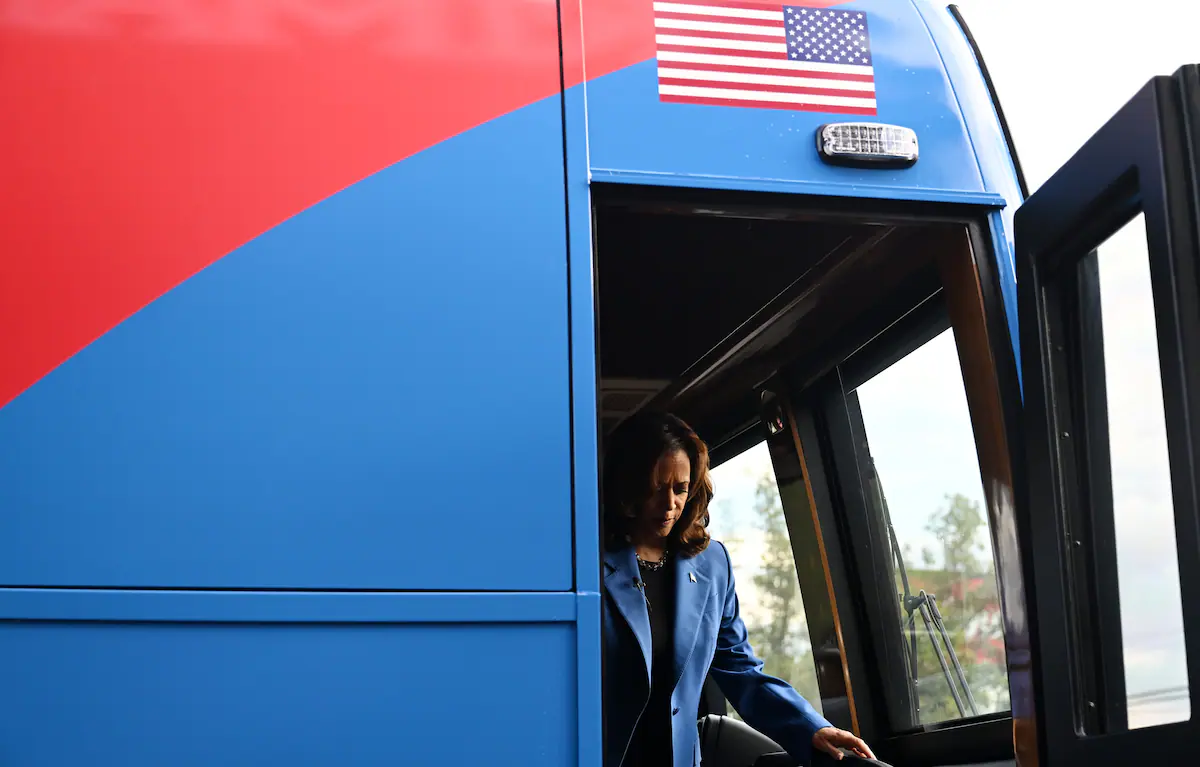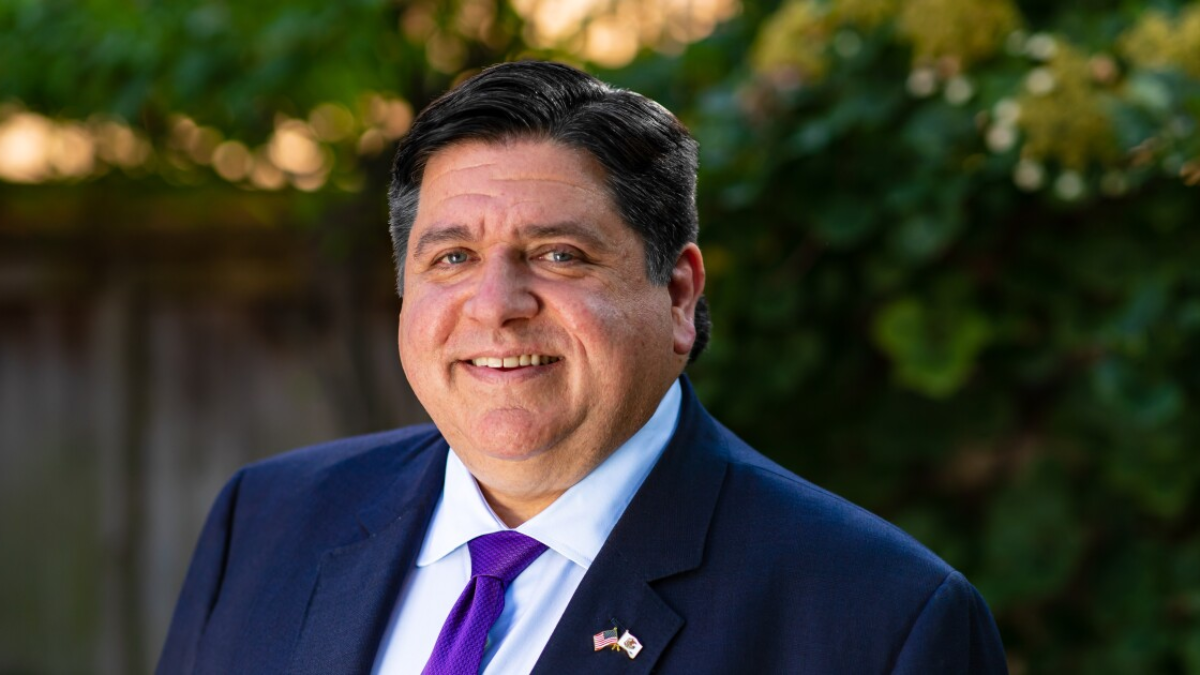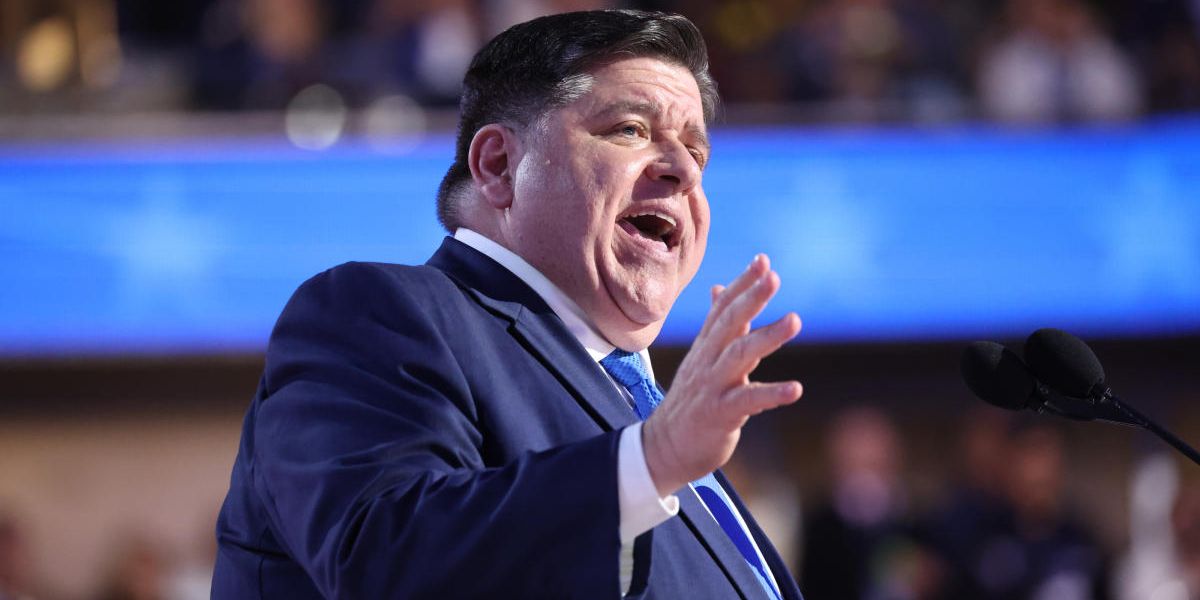Vice President Kamala Harris’s recent proposal to ban price gouging in specific sectors has stirred debates. While some Democratic economists and business groups have criticized the idea, it has also become a target of Donald Trump’s campaign.
Harris’s supporters, however, argue that her plan is being misunderstood. They clarify that it’s not about introducing new “price controls” but about expanding existing state laws to a federal level. According to Harris’s campaign, the proposal is focused on preventing excessive price hikes in the grocery and food industries. Although the campaign didn’t provide many details, it did mention that the Federal Trade Commission would have the authority to impose large fines on businesses that excessively raise prices.
Some liberal policymakers, including those from the Clinton and Obama administrations, have voiced concerns that government limits on price increases could lead to shortages. Trump quickly criticized the plan, accusing Harris of endorsing “SOVIET Style Price Controls.” Business groups also expressed worries over what they perceive as a shift toward left-wing policies.
To counter these criticisms, Harris’s advisers have emphasized that most states already have similar rules in place to prevent price gouging, particularly during emergencies. They noted that even Trump used the Defense Production Act during the pandemic to curb price hikes on essential medical supplies. Harris herself, during her time as California’s attorney general, took legal action against companies that artificially inflated prices.
Ben Harris, a former Treasury official under President Biden, defended the proposal, stating that much of the backlash is due to misinformation or political attacks. According to him, the plan merely extends existing state laws to the national level, without introducing new forms of price control.
Harris’s plan reflects the challenges she faces in solidifying her stance against Trump. While many voters are concerned about corporate greed and rising grocery prices, economists remain divided on whether greed is the real cause behind recent inflation. Some Harris advisers have reassured business executives that the proposal is more about addressing voter concerns over inflation rather than imposing strict regulations.
Democratic governors like JB Pritzker and Gretchen Whitmer have also downplayed the scope of Harris’s plan, suggesting that it aligns with actions already taken by states. However, conservatives argue that Harris’s proposal is broader than what states currently enforce. They claim that while price gouging laws exist for emergencies, Harris is proposing a nationwide control on grocery prices at all times.
Critics like Brian Riedl from the Manhattan Institute believe that Harris’s proposal suggests a more sweeping regulatory approach than what her defenders claim. Riedl argues that unless Harris provides a clearer explanation, many voters will remain skeptical.
Also Read:
- As Kamala Harris Steps Up, Biden Focuses on Legacy and Offers Strategic Support in 2024 Race
- Illinois’ Grocery Tax Removal: A Debate Between Right and Wrong
Supporters of the policy, however, see it as a necessary move to prevent businesses from exploiting market conditions. Lindsay Owens, of the Groundwork Collaborative, pointed out how during the pandemic, prices of essential items like baby formula and eggs skyrocketed. She argues that Harris’s plan is not a price control but a targeted tool to address unfair pricing practices during abnormal market conditions.




